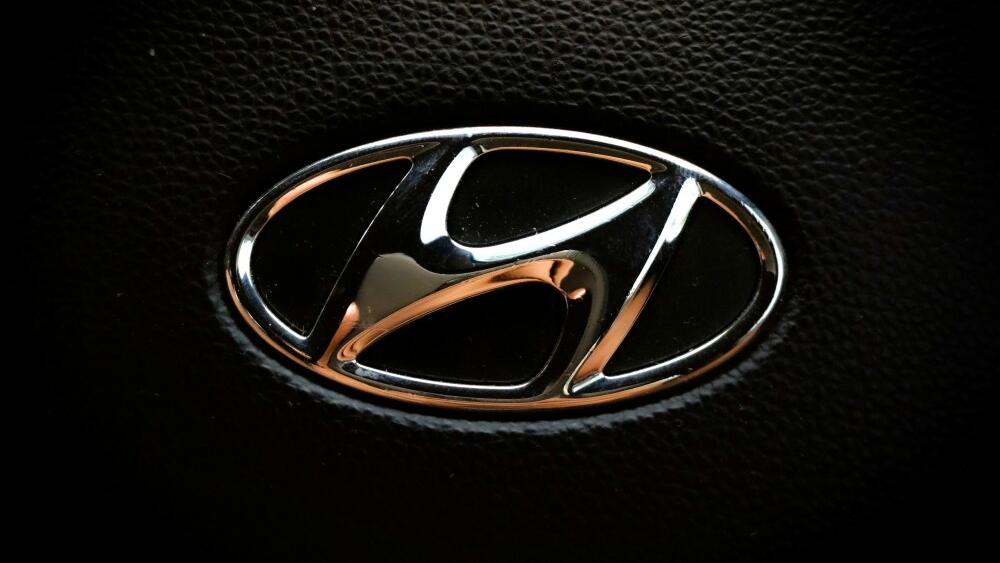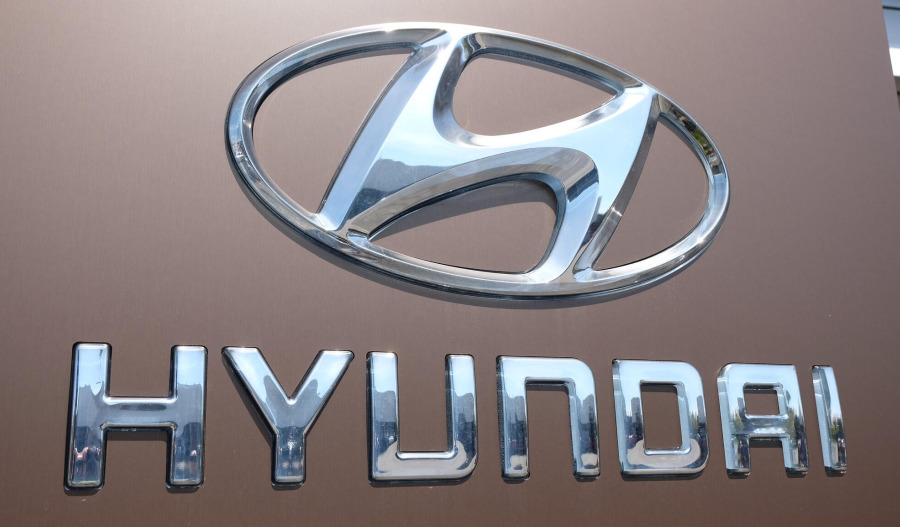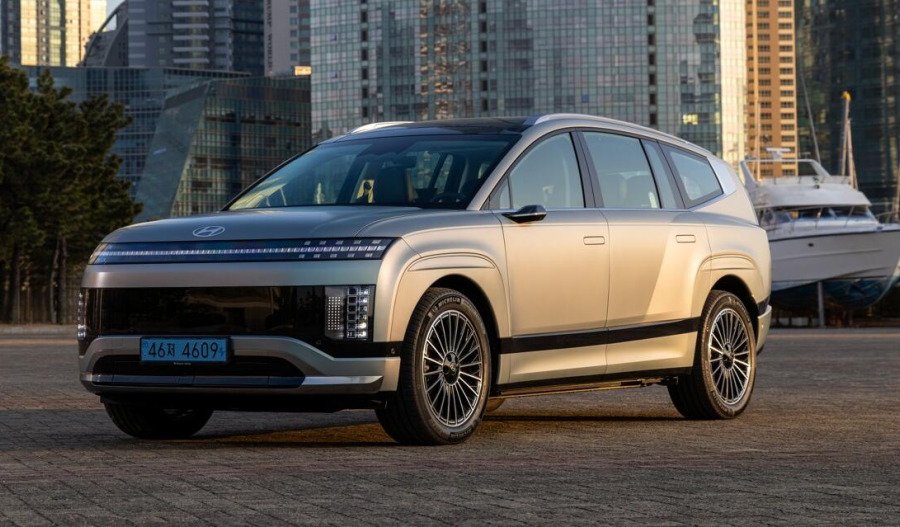Hyundai Motor revealed that it aims to produce 80% of vehicles sold in the United States from within the country by 2030 to mitigate tariff risks. This would see total domestic content in the U.S. rise from 60% to 80%.
This comes as the carmaker announced plans to expand its Georgia plant, just weeks after an immigration raid delayed the startup of an electric vehicle battery plant at the site.
It is also part of a broader investment strategy where Hyundai said it would spend US$2.7 billion to increase production at the Ellabell site by 200,000 vehicles over the next three years to a total of 500,000 vehicles per year.
The Georgia expansion was first announced in March, and Hyundai also said it would invest an additional US$5 billion in the U.S. overall.
However, following immigration raids that included the arrests of more than 300 South Korean citizens, questions arose about the wisdom of the Asian nation investing in the U.S.
A statement released by the automaker said that it trimmed its 2025 operating profit margin outlook to 6-7% from a previously announced 7-8%, due to the impact of U.S. tariffs. Despite this, the company still expects profit margins to improve to 7-8% by 2027 and 8-9% by 2030.



